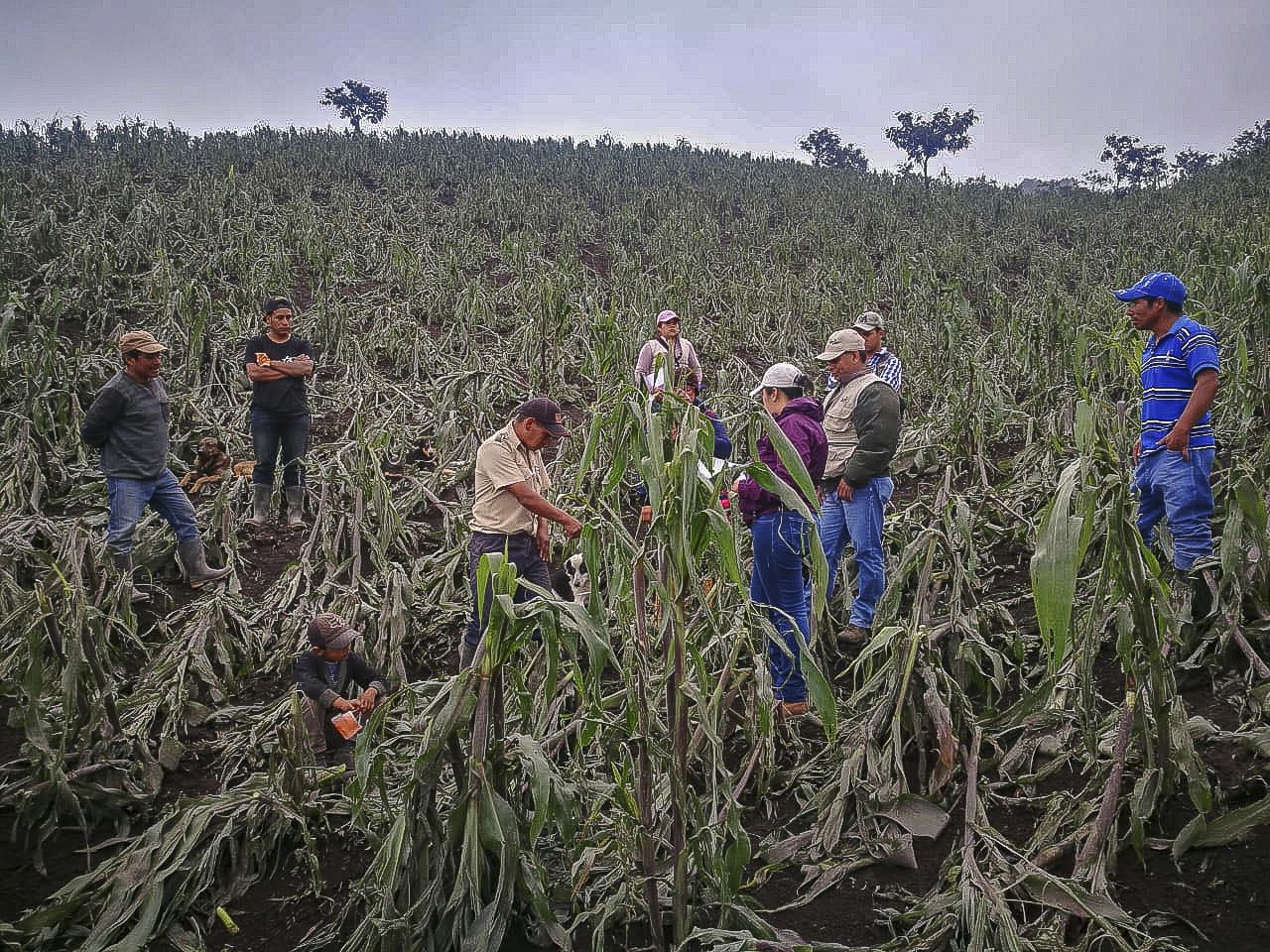Productive Chains Based on Forestry Incentives for Women
Esquipulas Palo Gordo is a municipality of San Marcos with a longstanding tradition of taking care of its forests, habitat to the Quetzal, Guatemala’s symbolic bird. This experience refers to the honey productive chain developed by a communal group, made up mainly of women, from Esquipulas Palo Gordo, San Marcos. The women observed that restored natural ecosystems, as a result of the reforestation supported by forestry incentives, has had a direct effect on beekeeping.
To encourage bee production, the group has requested that government forestry technicians manage the underbrush to ensure the growth of plants that benefit beekeeping. This experience is related to Community Based Adaptation (CBA) and Ecosystem-based Adaptation (AbE) because it reduces the vulnerability of rural women, providing them instead with opportunities to face climate change.
Traditionally, rural women have been relegated from income producing activities. Thus, their participation as beneficiaries of the reforestation projects, supported by the forestry incentives, can motivate them to search for other productive entrepreneurship opportunities, that both increase their adaptation capabilities and contribute to their empowerment and economic independence.
Forest incentive management has allowed women’s groups to establish agroforestry systems on their land, an activity that has had a positive impact on the recovery of land cover, providing protection against soil erosion. The group (with help from their families) is currently producing and selling approximately 1,000 kg of honey per year. With this additional income, they complement their household needs.
The women also verified that cleaning up the reforested land, as required by the “Instituto Nacional de Bosques” INAB (National Forestry Institute), was counterproductive for beekeeping because it eliminated the plants that bees thrive on.
“We are asking INAB technicians not to force us to clean all the land that will be replanted, but instead only the place where each tree is planted, which they say is a process called ‘plateo,’ so we do not eliminate the plants that the bees look for.”
Jaime Chan, beekeeper group, Esquipulas Palo Gordo.
In short, they propose a selective management of the understory, to ensure the growth of saplings and of the beekeeping plants.
“We have also seen that it is better to reforest with alder so that those flowering plants grow under them.”
Cristina Hernández, beekeeper group, Esquipulas Palo Gordo
The women’s group is also promoting family orchards and soil conservation. Those who do not have apiaries, have vegetables or have reforestation incentives.
